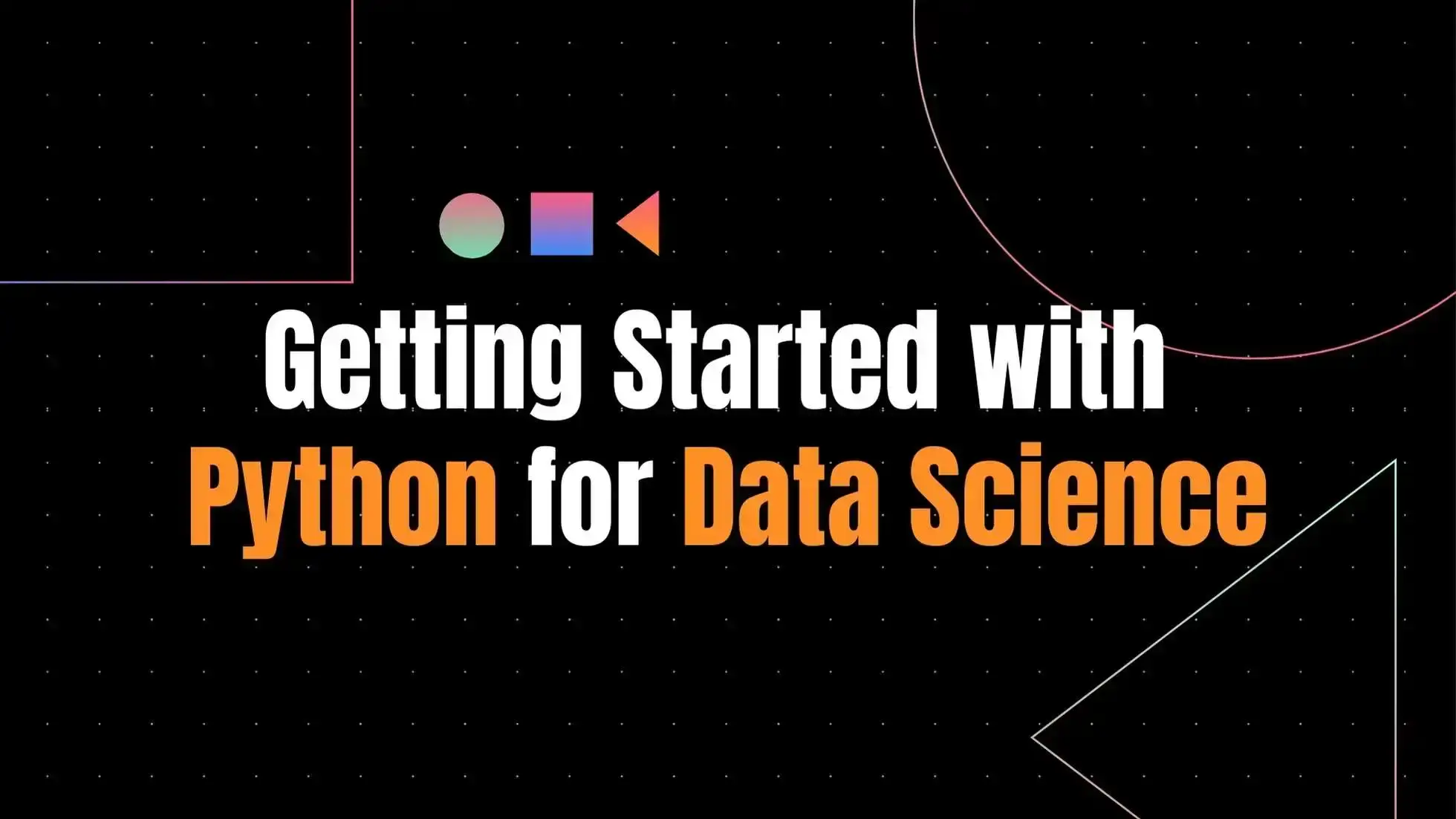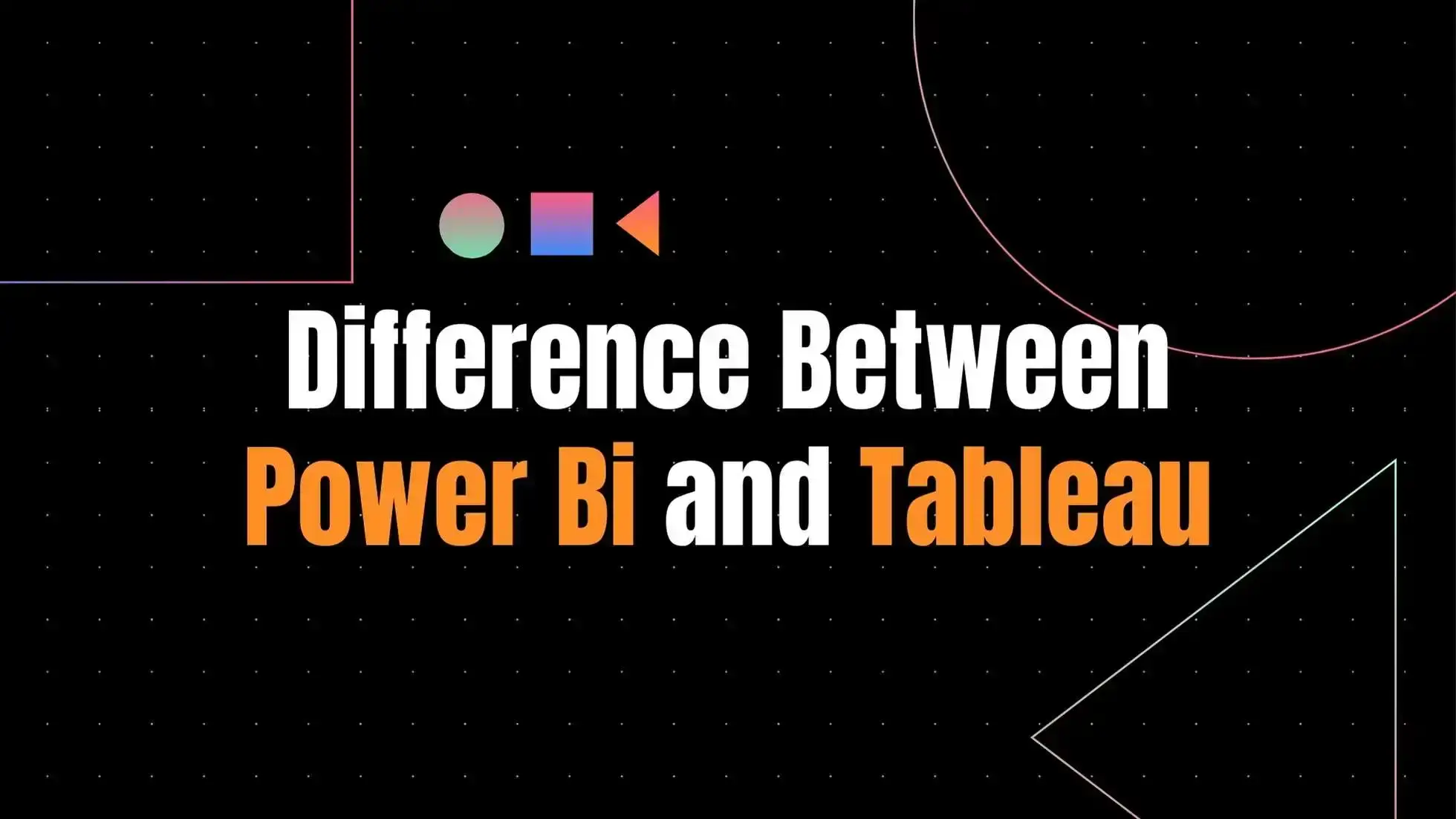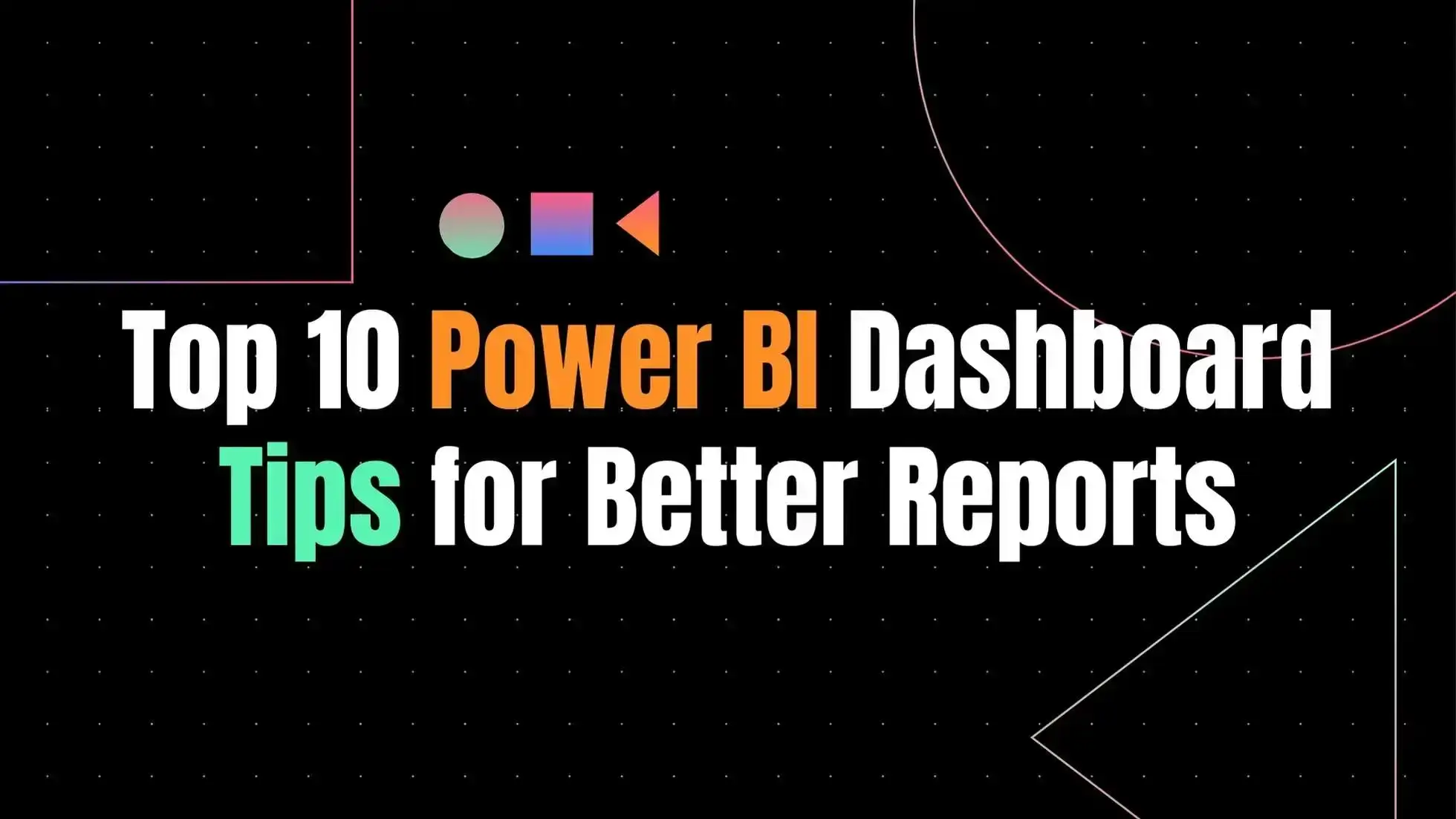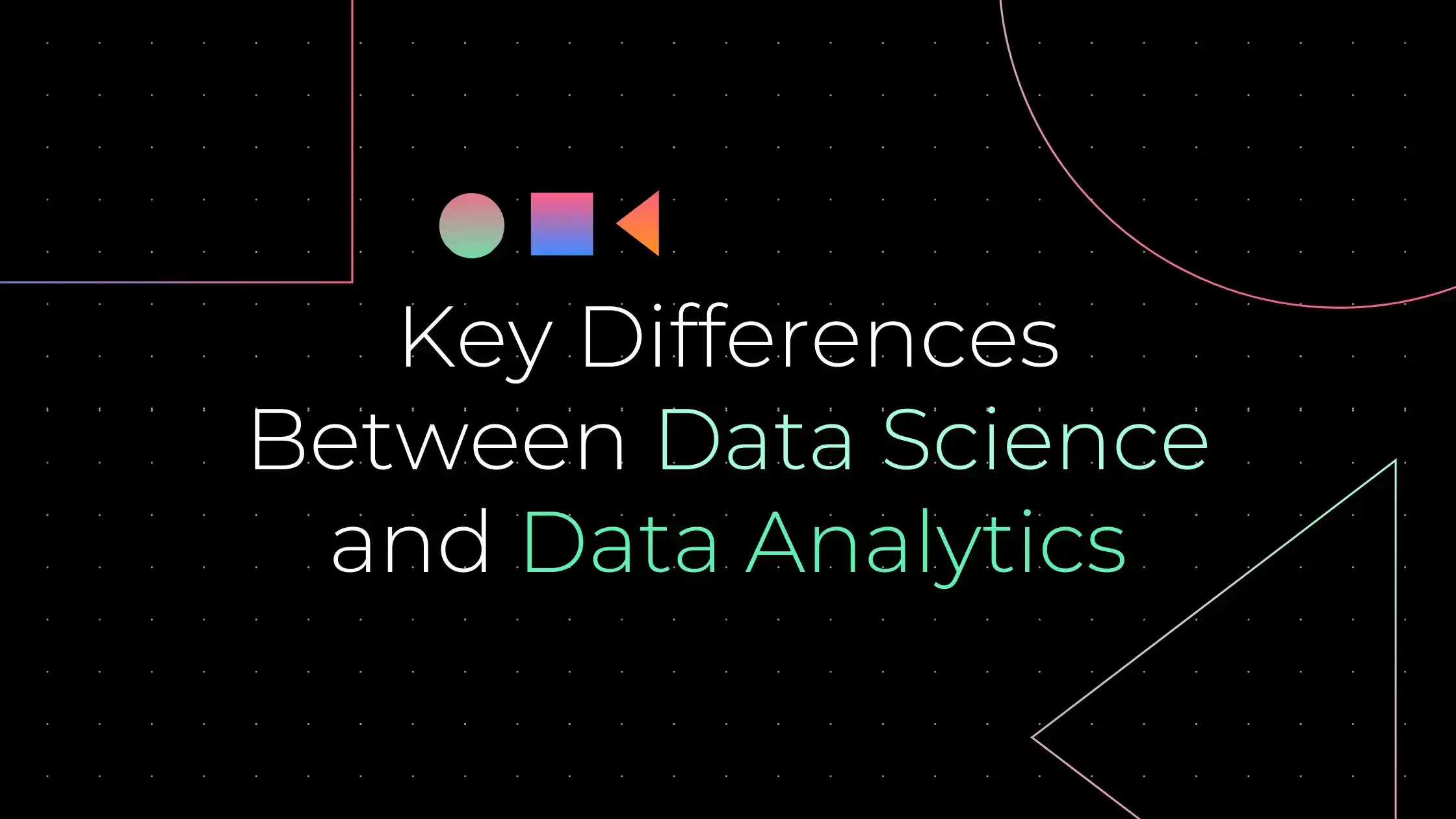Introduction
Cloud computing is a term that gets thrown around a lot, but do you know what it actually means? And more importantly, do you know how it can benefit your business?
There are different types of cloud computing, and each one has its own unique set of benefits. In this article, we’ll explore the different types of cloud computing and explain how they can help you improve your business. We’ll also give you some tips on how to choose the right type of cloud computing for your business.
What Is Cloud Computing?
Cloud computing is the ability to access information and applications over the Internet. That’s a really simple definition, but it’s a technology that has far-reaching implications.
Cloud computing can be used in a variety of ways, but the most common usage is to store data remotely. Instead of having files saved on your computer’s hard drive, they’re uploaded to the cloud, where you can access them from any device with an Internet connection.
This can be really useful for businesses, because it means that employees can work from anywhere. All they need is a laptop and an Internet connection, and they can access the company’s files and applications.
There are also a number of cloud-based services that can be used for things like word processing and email. So if you’re looking for a way to reduce your dependency on Microsoft Office or Outlook, cloud computing might be the solution for you.
The Different Types of Cloud Computing
There are three different types of cloud computing: Public, Private, and Hybrid.
Public cloud computing is the most popular type and is offered by companies like Amazon and Microsoft. With public cloud computing, your data is stored on servers that are owned by the cloud provider. This makes it a great option for businesses that want to outsource their IT needs.
Private cloud computing is a little more expensive, but it’s a great option for businesses that want to keep their data and applications secure. With private cloud computing, your data is stored on servers that are owned by your company. This makes it a great option for businesses that want to keep their data in-house.
Hybrid cloud computing is a combination of public and private cloud computing. This makes it a great option for businesses that want the security of private cloud computing and the flexibility of public cloud computing.
The Benefits of Cloud Computing
When it comes to cloud computing, the benefits are endless. You get to use resources you wouldn’t normally have access to, you can scale up and down as needed, and you’re able to do all of this without having to purchase any hardware or software.
Plus, with cloud computing, you don’t have to worry about maintaining any servers. They’re all taken care of for you. All you need is an internet connection and you’re good to go.
If you’re not convinced yet, here are a few more benefits to consider:
-You can access your data from anywhere in the world
-You can collaborate with others in real time
-Your files are always backed up
The Drawbacks of Cloud Computing
You may be wondering what the drawbacks of cloud computing are.
Well, the first thing to consider is security. With cloud computing, your data is stored off-site on remote servers, which can be a bit of a security risk. If you’re not comfortable with the idea of your data being out there in the cloud, then this might not be the option for you.
Another thing to consider is bandwidth. Cloud computing can be bandwidth-intensive, so if you’re not using a high-speed connection, you might not be able to take advantage of all that the cloud has to offer.
And finally, there’s the issue of reliability. What happens if your cloud provider goes out of business? Or experiences a outage? Your data could be inaccessible for a long time, which is definitely not ideal.
Which Type of Cloud Computing Is Right for Me?
When it comes to cloud computing, there are three main types: private, public, and hybrid. So which one is right for you?
Private cloud computing is when the data is stored and accessed by a specific organization. This is a good option if you want to keep your data completely secure and only accessible by certain people.
Public cloud computing is when the data is stored and accessed by multiple organizations. This is a good option if you want to share resources and save money.
Hybrid cloud computing is when you use a combination of private and public clouds. This is a good option if you want the best of both worlds security and affordability.
FAQs on Cloud Computing
So you’re curious about cloud computing? Here are some of the most common questions we get about it:
What is cloud computing?
Cloud computing is the ability to access information and applications over the internet. It’s a way to use technology that makes it easy for you to connect to what you need, when you need it.
How does cloud computing work?
Cloud computing works by allowing you to access information and applications that are stored on remote servers. This means that you can access them from any device, anywhere in the world, as long as you have an internet connection.
What are the benefits of cloud computing?
The benefits of cloud computing include cost savings, flexibility, convenience, and scalability. You can save money by using cloud-based applications, because you don’t have to buy and maintain your own hardware.
You’re also more flexible because you can access your applications and information from anywhere. And thanks to the convenience of the cloud, you can get work done anytime, anywhere.
Finally, cloud computing is scalable, which means that you can easily add or subtract resources depending on your needs.
Conclusion
Now that you know the different types of cloud computing, it’s time to get started on your journey to becoming a coding pro. Check out our roundup of the best resources to learn to code, and find the perfect data science program to help you take your skills to the next level.







